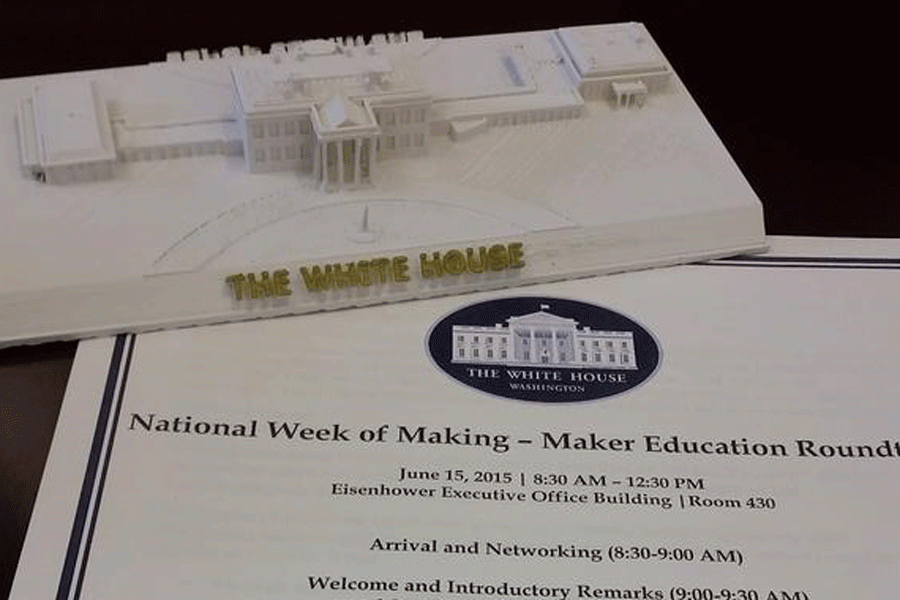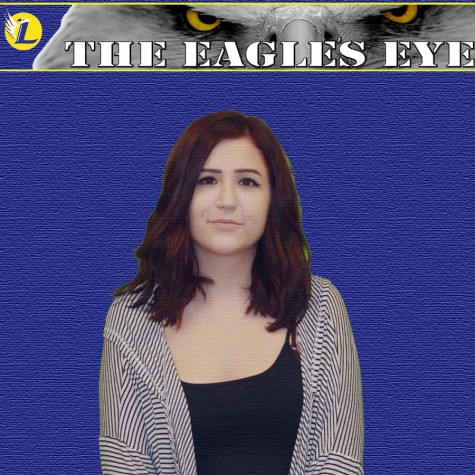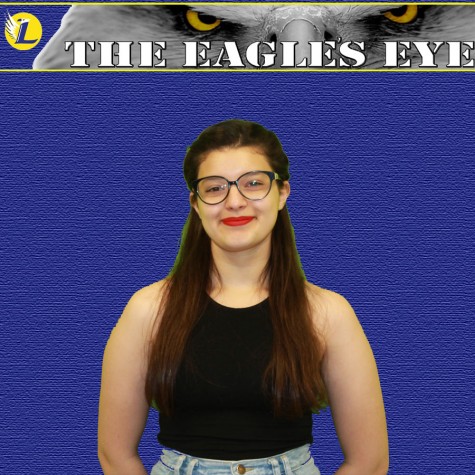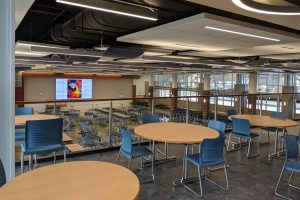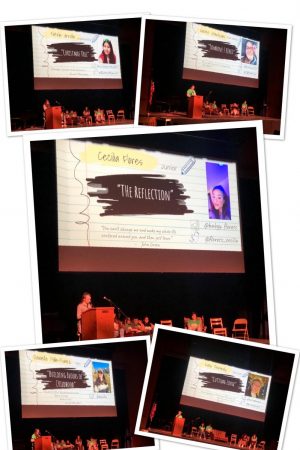Leyden welcomed at White House
August 27, 2015
Leyden was one of only twenty-two schools nationwide invited to a Maker Ed conference held at the White House this past summer. Superintendent Dr. Nick Polyak and Industrial Technology Department Chair Mr. Frank Holthouse attended to learn and share information about how schools can generate a more creative and interactive classroom experience.
The Maker Ed movement encourages educators to create more hands-on environments for students, prizing invention and innovation rather than memorization and regurgitation.
To illustrate this type of classroom, Dr. Polyak and Mr. Holthouse brought a student-made project along with them.
Freshman Fabian Bartos started out designing and developing 3D models of his middle school as well as the East and West campuses, but Fabian’s dedication and incredible attention to detail prompted Dr. Polyak to ask Fabian if he’d like to create a 3D model of the White House for the Maker Ed conference, which was only a week away.
Though time was scarce and some difficulties arose with the design, Fabian persisted. According to Holthouse, Fabian truly embodies the Maker Ed way: “He did something, he didn’t succeed, but he wasn’t like, ‘Okay, I tried. It didn’t work.’ You know? He had some grit and some perseverance. And I think that’s where the making comes in a lot. You get these creative, novel ideas out of not necessarily being successful.”
While Leyden’s Industrial Tech classes seem to be shoe-ins for the Maker Movement, there are many ways to implement the “maker way” into any classroom. Dr. Polyak explained, “It’s really about student creativity. It doesn’t have to involve devices or 3D printers and things like that. In an English class or a history class you might be creating a movie or a video vignette of something or you might be creating your own work of literature.” Once we remove the fear of failure, the possibilities are limitless.
And in the end, that’s what Maker Ed is looking to do. It’s a movement that “encourage[s] students to be creators, innovators, and makers,” regardless of what they’re interested in making. Simply put, it provides the opportunity and the attitude that drives people to invent relentlessly. Both Dr. Polyak and Mr. Holthouse are interested in creating a Makerspace at Leyden, a place where students would “be able to explore without a grade, without the clock ticking behind them, just openly explore and go through the learning process.” Of course, finding a time and space most accessible to students would need some sorting out. But that’s the Maker Ed way: finding what works through what doesn’t.

